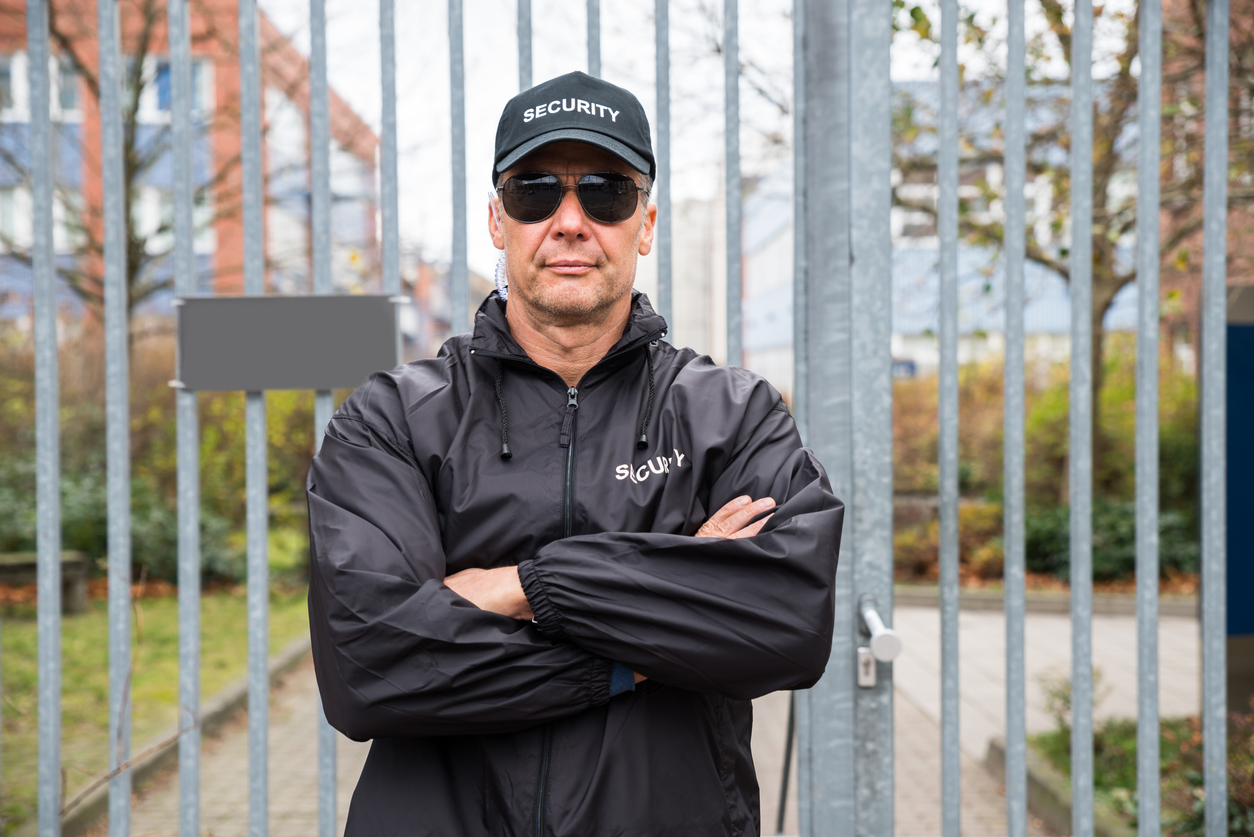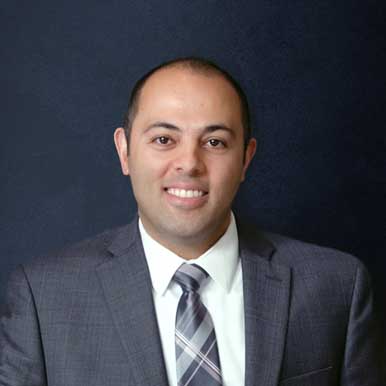What is the Trial Court’s Role as Gatekeeper of Expert Testimony? New Opinion Sheds Light
February 1, 2024 | Litigation Articles

On January 4, 2024, the Fourth Appellate District issued an opinion reversing a trial court order excluding a plaintiff’s expert witnesses. The opinion clarifies the limits on the trial court’s role as gatekeeper in the admissibility of expert testimony.
Background
Plaintiff brought the lawsuit under the Federal Employer’s Liability Act (“FELA”), alleging that his father’s death resulted from exposure to toxic chemicals during his forty years of employment for a railway. FELA provides for a cause of action against common carriers for their employees’ injury or death, if caused by the carrier’s negligence or any defect in its equipment. Importantly, the causation standard under FELA is lower than in other negligence actions. The Ninth Circuit jury instruction on FELA causation says, in effect, any amount of negligence is sufficient to establish causation, even if there are other causal factors. Evidence of causation is thus crucial in FELA actions.
Here, the plaintiff alleged his late father’s exposure to toxic diesel fumes during his employment with BNSF Railway Company caused the non-Hodgkins lymphoma that led to his death.
The Trial Court
In its motions in limine prior to trial, BNSF sought to exclude plaintiff’s experts’ testimony on causation. BNSF argued that the experts’ opinions were too speculative for a number of reasons:
- They could not point to any studies specifically linking lymphoma to diesel fumes.
- One of the experts could not identify a specific dosage of exposure necessary to cause lymphoma, but admitted dosage is an important component of calculating risk.
- One of the experts did not publish on lymphoma.
- Two of the experts’ reports relied heavily on another of the expert’s reports in forming their opinions.
BNSF did not offer any expert testimony in support of its motions or dispute the validity of the methodology with which the plaintiff’s experts reached their conclusions. Nor did BNSF submit evidence that the reasoning that allowed the experts to “bridge the gap” between the data and their conclusions was unsound.
The trial court held that the science relied upon in the main expert report was inadequate. It observed that “there is no data, no study, and no testing linking non-Hodgkin’s lymphoma and exposure to diesel exhaust ….” Accordingly, it held, “there is simply too great an analytical gap between the data and the opinion proffered by” the expert. The court followed suit in its rulings on the plaintiff’s other two experts.
The Decision on Appeal
The Court of Appeal focused on the trial court’s application of the gatekeeping standard laid out in Sargon Enterprises v. University of Southern California. It found the trial court erred by misapplying that standard.
Clarifying the Sargon standard, the Court wrote that “there is no requirement that a causation expert rely on a specific study or other scientific publication expressing precisely the same conclusion ….” First, a medical theory not yet having been published does not make it untrue or unsupported. Second, experts are permitted to “bridge the gap” between general associations established in related literature and their ultimate opinion using “informed judgment.” Third, on subjects where data is limited or inconclusive, “there will inevitably be some analytical gap between the underlying data and the expert’s ultimate causation opinion.”
The Court summarized, “[i]n keeping the gate, it is not the trial court’s proper function to second-guess the judgment of a qualified expert who has provided a reasonable scientific explanation for his conclusions and used a scientifically accepted methodology for reaching them based on the available data, even if the data itself is inconclusive.”
The Court found, “[i]t is outside the scope of the trial court’s gatekeeping duty to resolve … scientific controversies.” Arguments regarding the relative merit of one valid scientific opinion over another more properly “go to the weight and not the admissibility of those opinions.”
Ultimately, the Court reiterated that only “clearly invalid or unreliable” opinions should be excluded. Where an expert presents an opinion based on accepted data, using a valid methodology, their opinion is admissible even if it contains inferential gaps, provided those gaps are bridged by sound reasoning and informed judgment.
If you have any questions about the use of experts in civil litigation, please contact the authors or any of our experienced attorneys at Boutin Jones.
Subscribe to our Blogs
Get notified when new posts are published.
